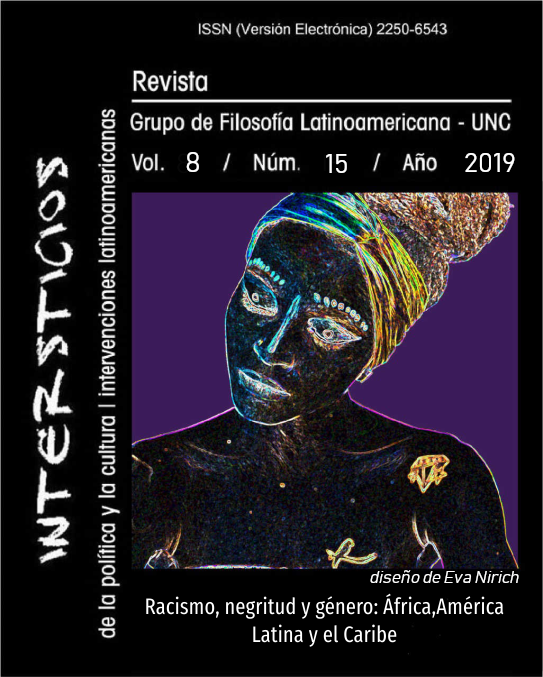Some formulas of the languages of the arts that modified the contemporary thought
Keywords:
esthetic, politics, performativity, instauration, dematerializationAbstract
Abstract:
The text addresses formulas for the instauration of critical thinking through the composition of acts of artistic production, between poetic and visual works that have become reserves of perception and action of the processes of dematerialization of market fetishisms, because they have defined the contemporary subsoil of the acts of invention marked by the aesthetic-political urgency that establishes and composes an existential destiny. The artists summoned in this series are producers of performativity because they mark the stylistic tendency of works that affect the world and because they present their interventions as works in process or to be done. The text stops in acronyms, slogans and formulas distinguishing the effect that they manufacture in the production of the poetic and existential gestures that they propose through the esthetic-political actions that they make.
Downloads
References
Eliot, T. S. (2006). Cuatro cuartetos. Madrid: Cátedra.
Jacoby, R. y Krochmalny, S. (2016). Diarios del Odio. Buenos Aires, n direcciones.
Jacoby, R. (2011). El deseo nace del derrumbe. Acciones, conceptos, escritos, Edición a cargo de Ana Longoni. Madrid: La Central/Adriana Hidalgo Museo Nacional Centro de Arte Reina Sofía.
_______. (2018). “En el comité”, en Exposición. La Plata: n direcciones/Papel Cosido.
Jacoby, R. y Fernández Vega, J. (2017). Extravíos de vanguardia. Del Di Tella al siglo XXI. Buenos Aires: Edhasa.
Lauria, A. (2008). Liliana Maresca. Transmutaciones. Rosario: Fundación Castagnino/Macro/Malba/Centro Cultural Recoleta.
Libertella, H. (2010). La leyenda de Jorge Bonino. Córdoba: Alción.
Maresca, L. (2006). El Amor, lo Sagrado, el Arte, Buenos Aires: Leviatán.
Moyano, M. (2017). Bonino: la lengua de la inocencia. Córdoba: Borde Perdido.
Perlongher, N. (1985). “Siglas”, en C. Ferrer y O. Baigorria (selección y prólogo), Prosa plebeya. Ensayos 1980-1992. Buenos Aires: Colihue.
Pistocchi, J., Kamenszain, T., del Barco, O. y Casarin, M. (2014). Aclara ciertas dudas. Entrevistas a Jorge Bonino. Córdoba: Caballo negro.
Romero, J.C. y Lo Pinto, M. (2006). Arte, Política y Pensamiento crítico. Buenos Aires: C. Cultural de la Cooperación.
Romero, J.C. y Davis, F. (2009). Cartografías del cuerpo, asperezas de la palabra, Buenos Aires: Fundación OSDE.
Rolnik, S. (2018). Esferas de la insurrección, Nº1, San Pablo.
Steyerl, H. (2018). Arte Duty Free. El arte en la era de la guerra civil planetaria. Buenos Aires: Caja Negra.
Tatián, D. (2016). Contra Córdoba. Historias mínimas. Córdoba: Caballo negro.
Downloads
Published
Issue
Section
License
Authors who have publications with this journal agree to the following terms:
a. Authors will retain their copyright and grant the journal the right of first publication of their work, which will simultaneously be subject to the Creative Commons Attribution License that allows third parties to share the work as long as its author and first publication in this journal are indicated.
b. Authors may adopt other non-exclusive license agreements for distribution of the published version of the work (e.g., deposit it in an institutional telematic archive or publish it in a monographic volume) as long as the initial publication in this journal is indicated.
c. Authors are allowed and encouraged to disseminate their work through the Internet (e.g., in institutional telematic archives or on their web page) after the publication process, which may produce interesting exchanges and increase citations of the published work (see The effect of open access).


